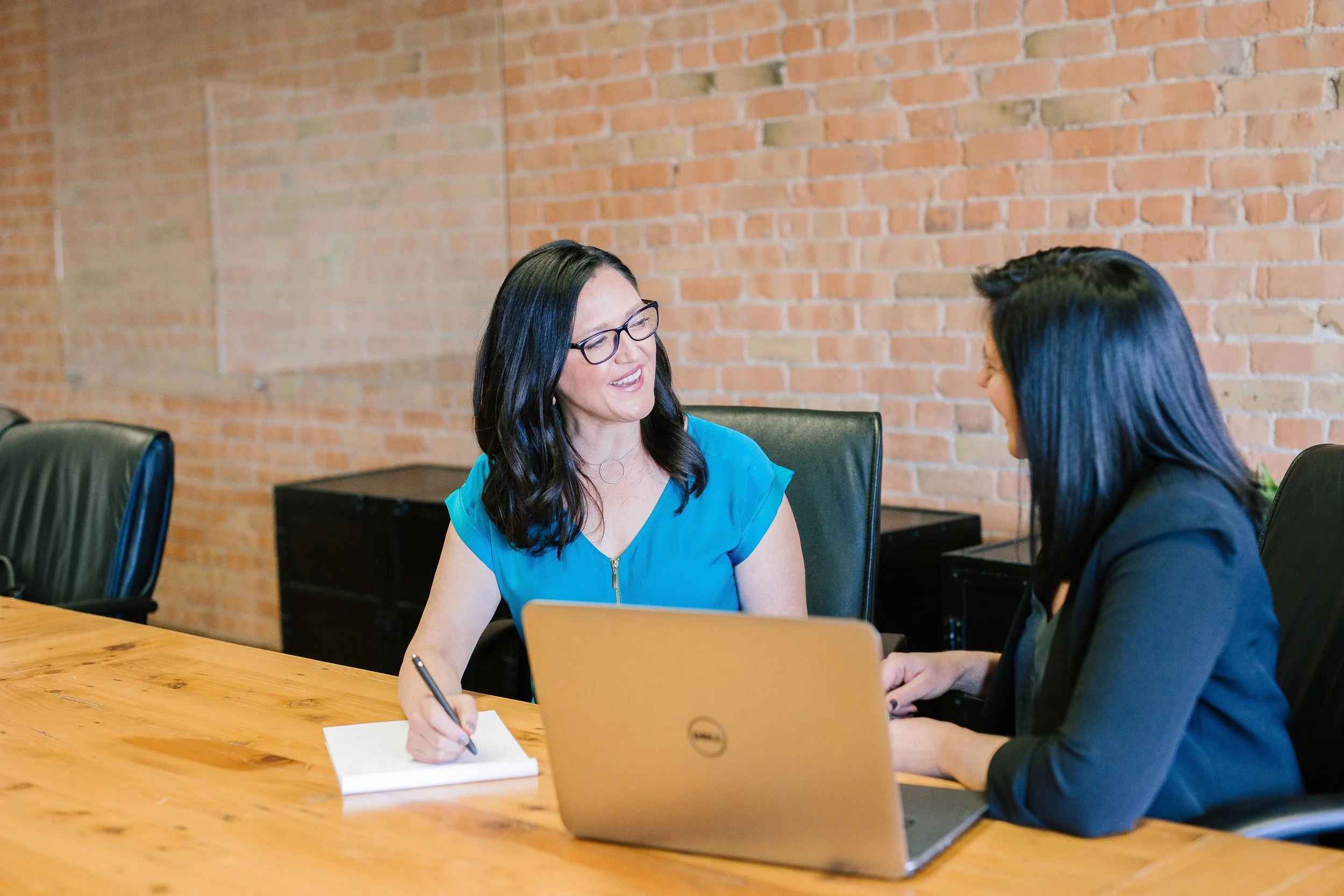The impact of Covid-19 on work experience
Image by Amy Hirschi on Unsplash
By Lucy Podmore
Over the course of a few months in 2020 the Covid-19 pandemic changed the world. With Scotland's rules and regulations not returning to “normal” until 2022 many things had to change and adapt whether it be office jobs having to go remote or teaching being done via online resources. Amongst all the adjustments in the world, a key component of students learning also had to be adapted: work experience.
Work experience in the media used to be a very hands-on experience used to naturally progress students into the working environment and prepare them for leaving their courses. This would allow many students to organically evolve their skills and would give them the benefits of previous work when they start their next job. Following Covid-19 the work experience system had to change, no longer could workplaces have a group of strangers intern inside their building as they couldn’t even have their own staff.
Even in 2022 the rules have not changed much many media companies are now working remotely and are unable to provide the staff to train people within the working environment. This is having an impact on the number of students that have the opportunity to complete work experience.
Previously the media industry has been well known for its difficulty to get experience.
Sarah Gillespie, Lecturer at the City of Glasgow College did two lots of work experience at university during her post-grad, she worked at the Press Association for a months and two months at a PR Agency called TriMedia in 2010. “I found it very difficult, I knew I wanted to work in women’s lifestyle. They’ve identified that these jobs are only attracting a certain type of person with these kinds of perimeters so it would be a job in London for up to a year and only give you money for expenses such as tube fare. This was not finically viable for me.”
This is a common theme when working in the media, due to London being one of the leading English language publishing centres in the world so naturally, it would host a lot more opportunities, but this is not always feasible for students.
Instead, students are having to rely on lecturers or family friends to get them work experience rather than being able to seek it out themselves. “The Press Association that was through one of my lecturers they had links there and the PR agency was arranged through a family member, it’s not ideal but there's plenty of it going on in the media.” Nepotism can sometimes be a necessary evil. Work experience is important for students to understand the working environment, university and college can be laid back which is a contrast to the real working environment, if you rolled up to work an hour late with coffee in your hands you are bound to be put on a disciplinary in the best case scenario so having that hands-on experience with people in the industry who can help you can be vital in the transition to the working world.
“When I worked in the industry, we could almost never take on work experience - teams have shrunk - we did not have the time or capacity to sit with someone and show them how to work the system.”
Pre covid it was hard enough getting work experience but now many companies have stayed remote, and these companies don’t have the space for work experience as they are no longer within offices. “The lack of work experience is not beneficial to entry-level jobs, studying something and going to work is quite different. You're not really learning from anyone.”
Work experience is important for not only gaining new skills but it can also give students an idea of what they want to do or not do as a career in the future.
Compare the pre-pandemic experience with Cathryn Hegarty’s post-pandemic work experience. Cathryn did her work experience with the Intergroup in January of 2022. The Intergroup specialises in giving international students work experience opportunities. Cathryn explains that they do all the leg work, you send them your application and they send it to their contacts.
“It wasn’t difficult in a sense as they do a lot of the leg work so that probably helped but it would be a lot more difficult if you were to go out and try and do it yourself.”
Cathryn worked in London with a company called Videoblogg which are production and distribution company: “I learned a lot in terms of social media it’s different from running your own Instagram account to think about what's going up and when it's going up, who's going see it. It’s a lot of different things maybe not necessarily be what I want to move forward with. It’s worthwhile doing it.”
The intern group that Cathryn used offered to find accommodation and is there throughout the entire experience to support you. However, the aftereffects of Covid-19 still impacted way Cathryn’s involvement with the company: “I definitely think that there was a period where companies weren’t taking on people for work experience as there were a lot people out of work too. I think Covid-19 directly impacted my internship, the company had a Covid-19 group chat so should anyone test positive everyone could be notified. Obviously, travelling to and from the office I wore a mask.”
Although the Covid guidelines have been completely relaxed since then a lot of companies are doing hybrid work. In spring 2022, 38% of working adults had worked from home at some point in the week which means there are less people in the office which is having a direct impact on the opportunities for students to gain the experience they need going forward.

